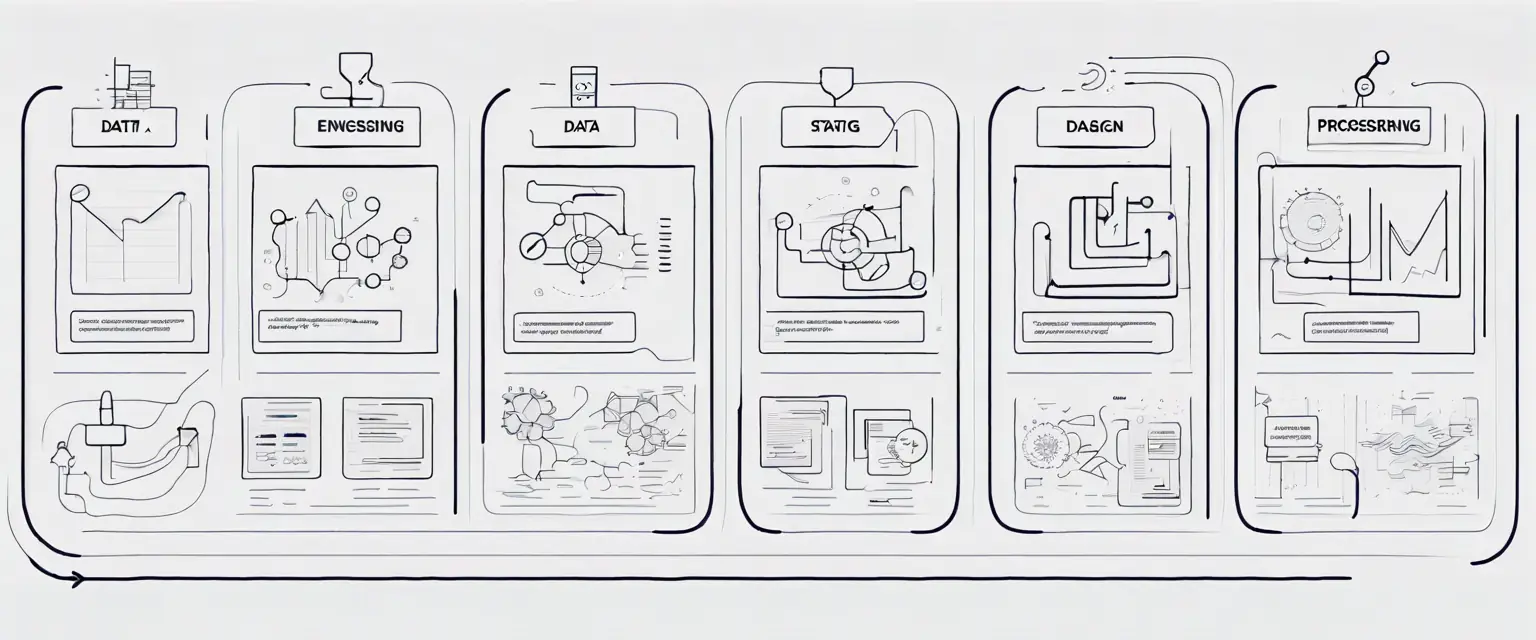In today’s data-driven world, data engineering plays a vital role in helping businesses make informed decisions. By transforming raw data into a usable format, data engineers enable organizations to extract valuable insights that drive strategy and growth. This process involves designing and building data pipelines, ensuring that data flows seamlessly from various sources to analytical tools. As a result, businesses can harness the power of data to enhance their operations and customer experiences.
Moreover, effective data engineering supports the implementation of advanced analytics and machine learning models. By providing clean and structured data, data engineers empower data scientists to develop predictive models that can forecast trends and behaviors. This capability is essential for businesses looking to stay ahead of the competition and respond proactively to market changes. Additionally, data engineering facilitates real-time analytics, allowing organizations to make timely decisions based on current data.
As the demand for data continues to grow, the role of data engineering will only become more critical. Companies that invest in robust data engineering practices will be better positioned to leverage their data assets and drive innovation. In this rapidly evolving landscape, organizations must prioritize data engineering to unlock the full potential of their data.



